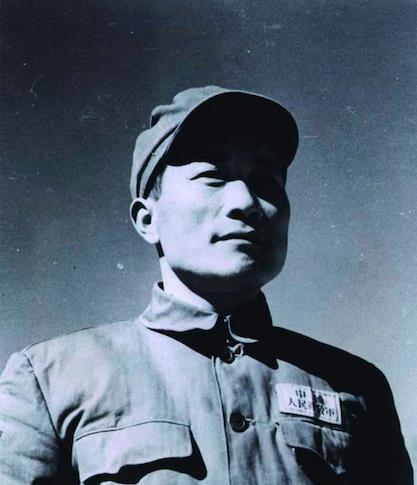After the founding of New China, 13 major military regions were established successively, and most of the commanders of the major military regions were senior generals, but the Tibet Military Region was held by lieutenant generals, and when this lieutenant general became the commander of the military region, he was promoted from military commander to commander.
This person is Zhang Guohua.

Zhang Guohua, perhaps many people have not heard of him, although he is not as famous as Wang Jinshan, Wang Bicheng, and Liang Xingchu, his contributions are also incomparable to these people. His greatest contribution was the peaceful liberation of Tibet.
During the period of the agrarian revolution and the War of Resistance Against Japan, Zhang Guohua had been serving as a political work cadre in the army, and only during the liberation period did he command the military, becoming the deputy commander of the column of the Jinji-Hebei Luyu Field Army and the commander of the Second Field Army, following Liu Deng from the Central Plains to the southwest.
Although Zhang Guohua did not have the Erye King's near mountain to fight fiercely, he also had his own shining point, and this shining point was the military and political general he had at the time. It was precisely because of this that when the superiors wanted to liberate Tibet, they wanted to find a chief official who could understand both military affairs and grasp political issues, and Zhang Guohua became the first choice of Liu Deng's chief.
Not long after the founding of New China, Liu Deng sent him to lead the 18th Army into Tibet. At first, the advance of the troops went smoothly and reached Ganzi. Because of their iron discipline, the Tibetan people are very supportive of the People's Liberation Army, but the Reactionary Forces in Tibet do not think so and do everything they can to obstruct them.
In order to reach Lhasa smoothly, Qamdo became a necessary place for the People's Liberation Army, but the obstacles had to go to war with the reactionary forces, and finally crushed the Tibetan army, annihilated 5738 people, and forced more than 4,000 people to revolt. The Battle of Qamdo opened the door to Tibet, allowing the local government to send negotiators, and eventually Tibet was peacefully liberated.
In 1952, Zhang Guohua's 18th Army was based on the Tibet Military Region, and he served as commander. Due to its special status, the Tibet Military Region was promoted to the Grand Military Region in 1955, and Zhang Guohua also became the commander of the Grand Military Region, at the same level as Xu Shiyou, Yang Dezhi, Deng Hua and other generals. He was the only general to go directly from commander to commander of the Grand Military District.